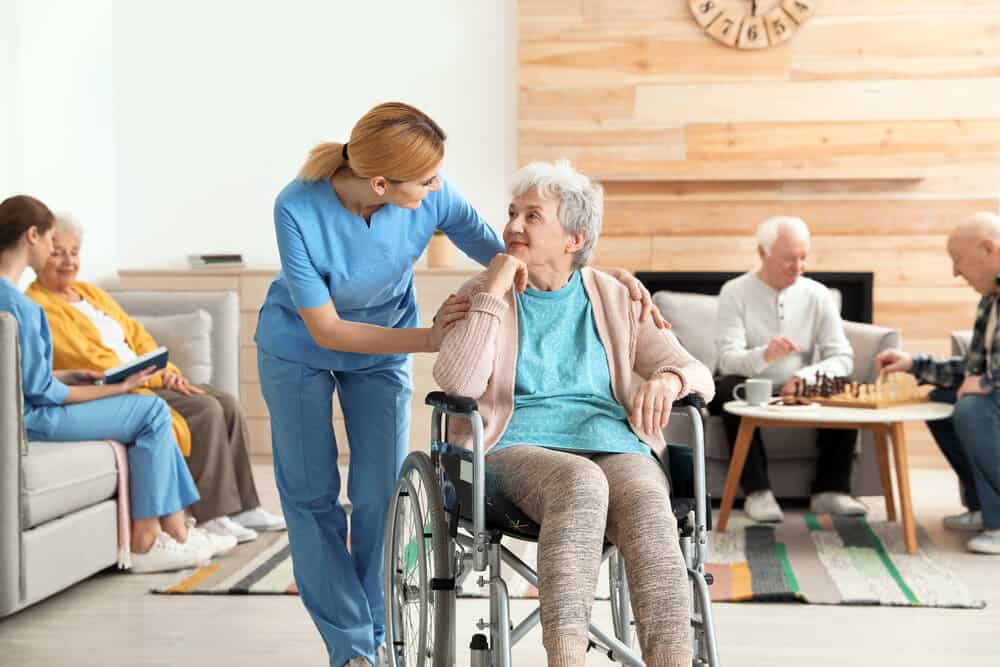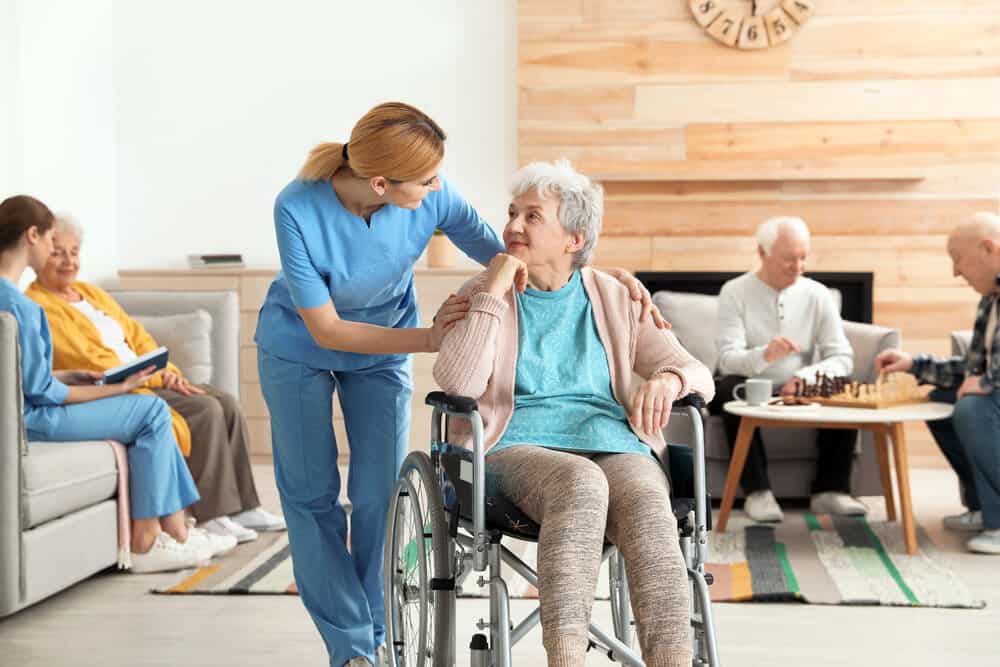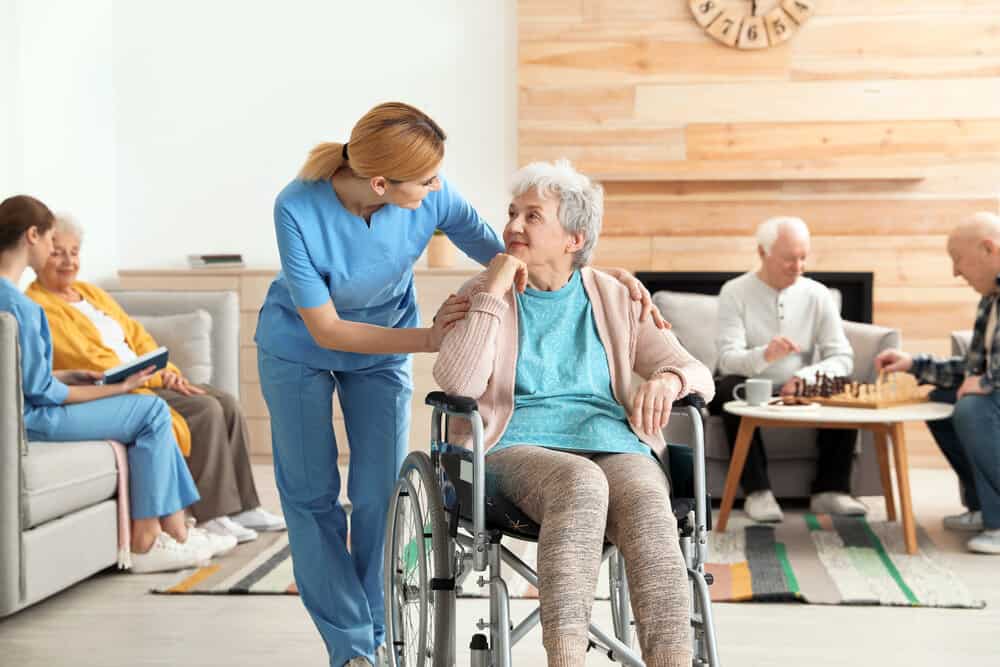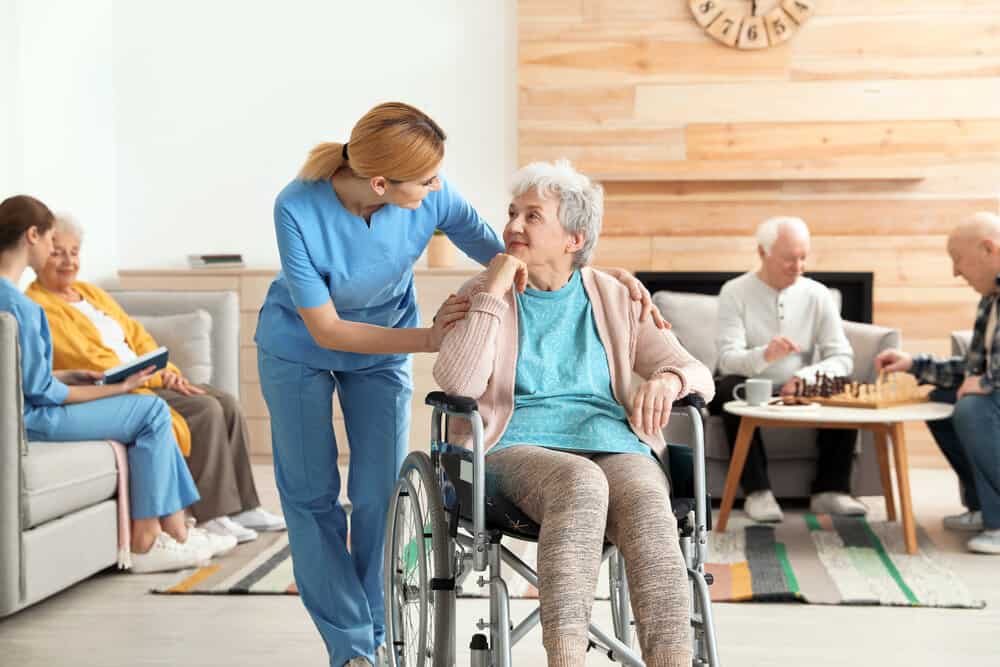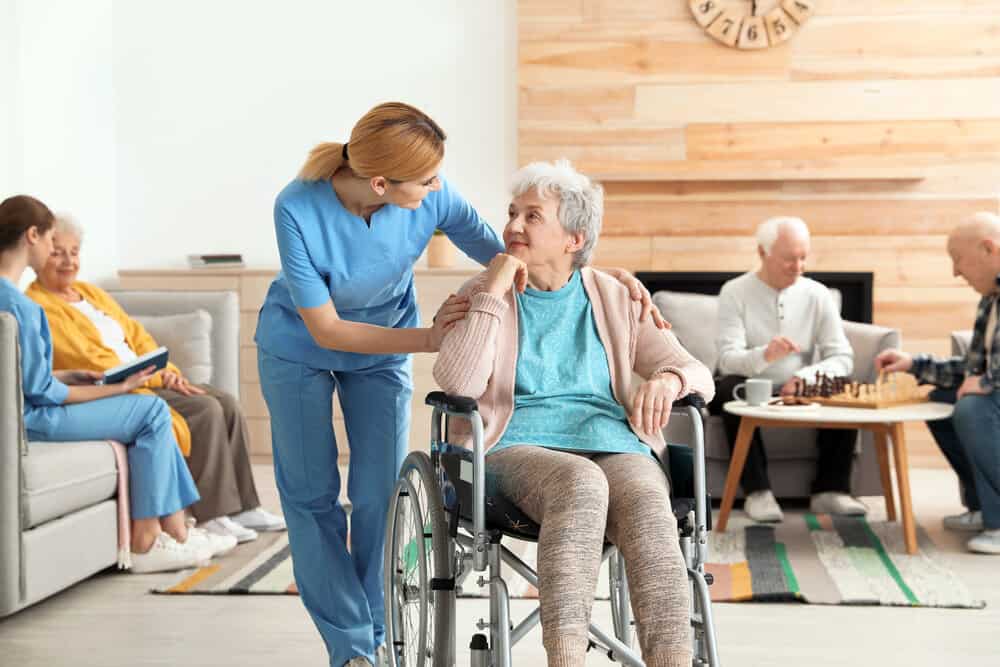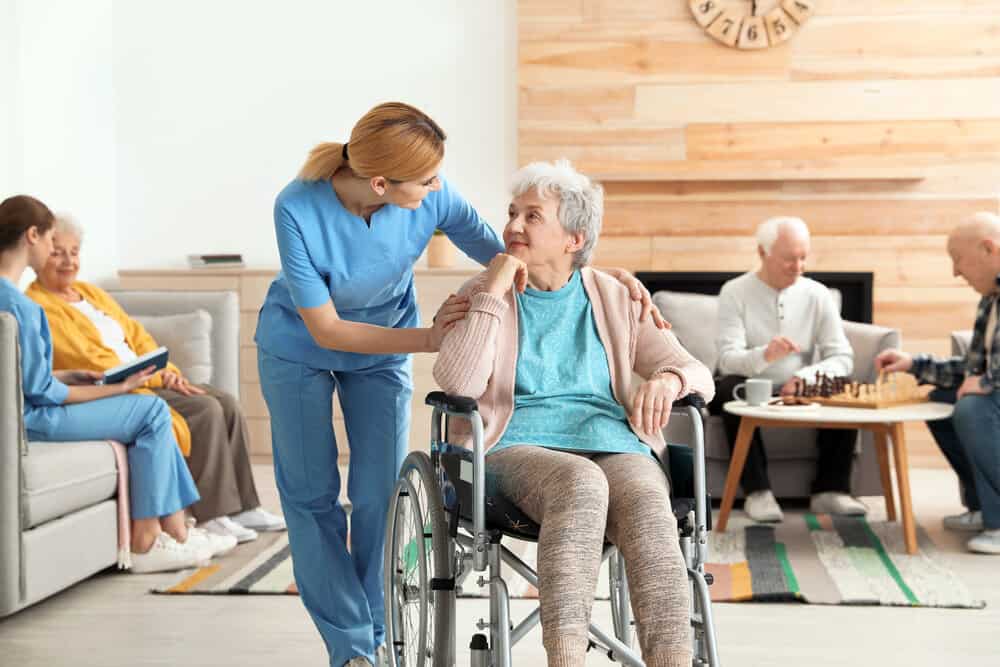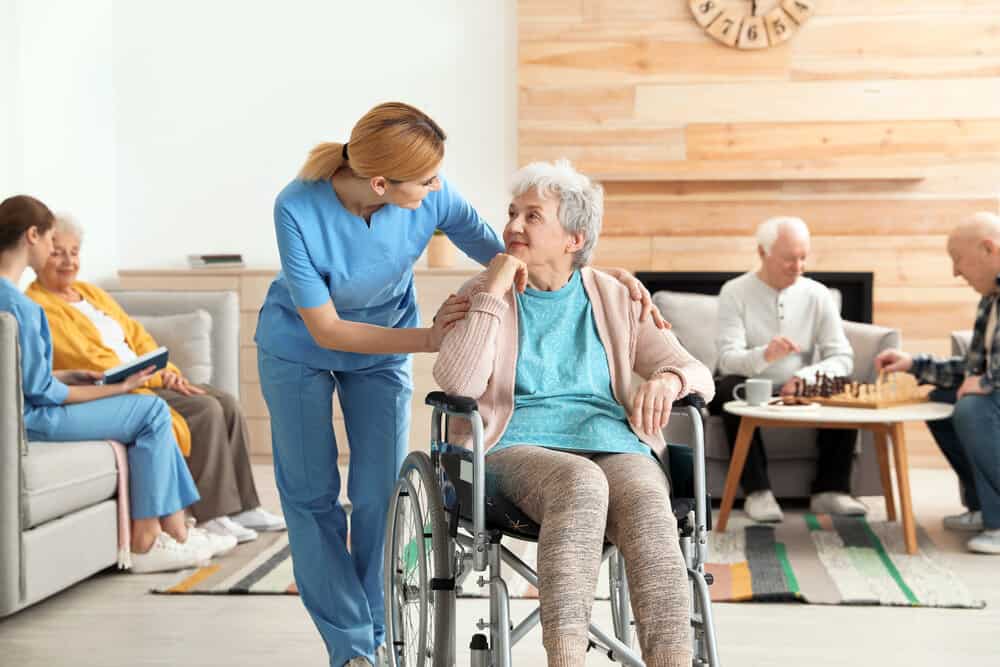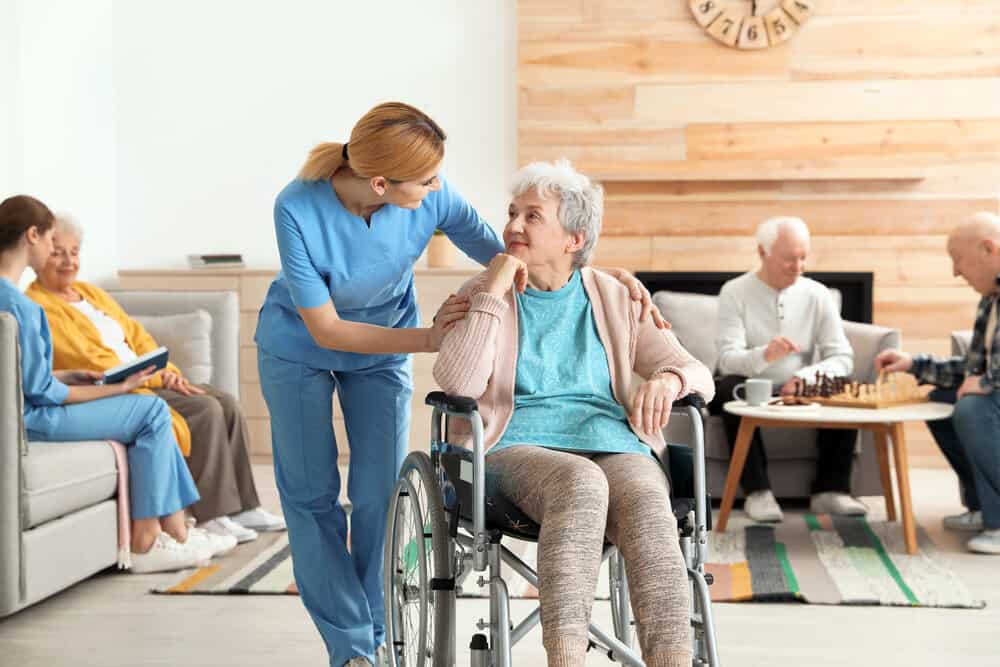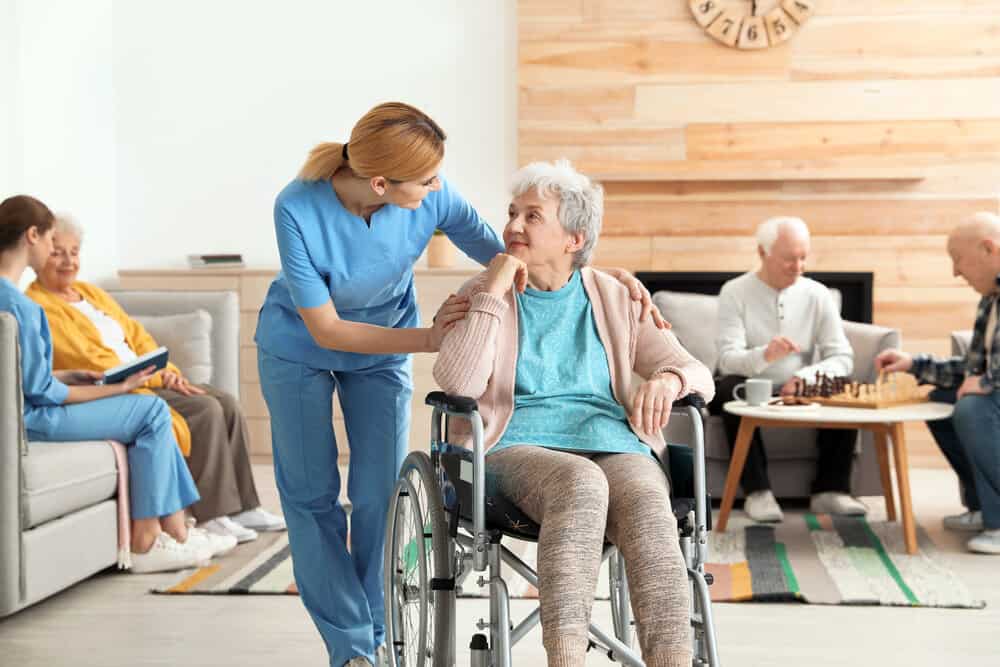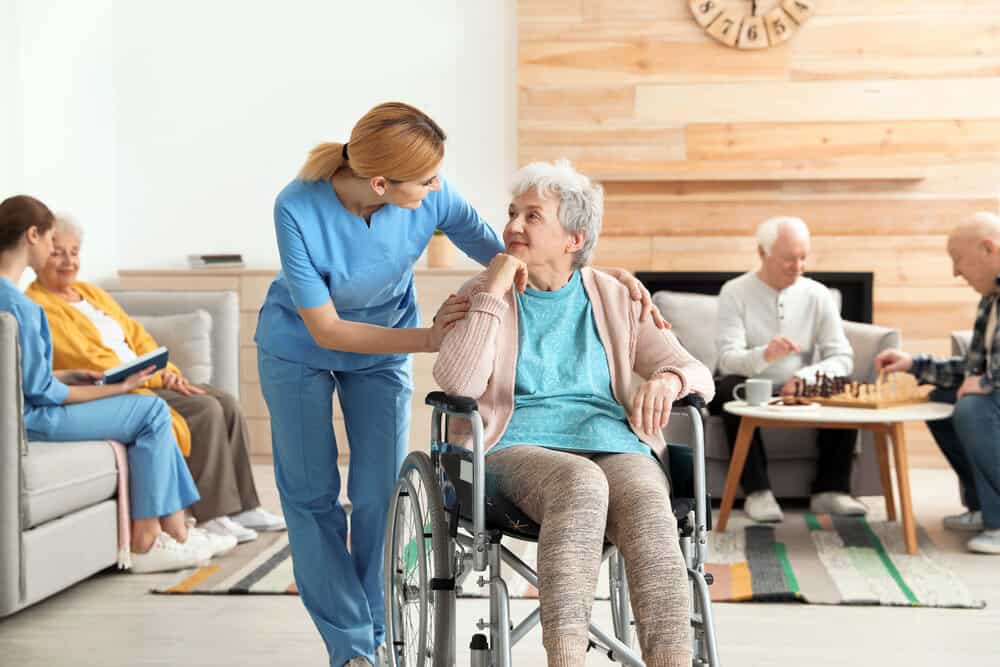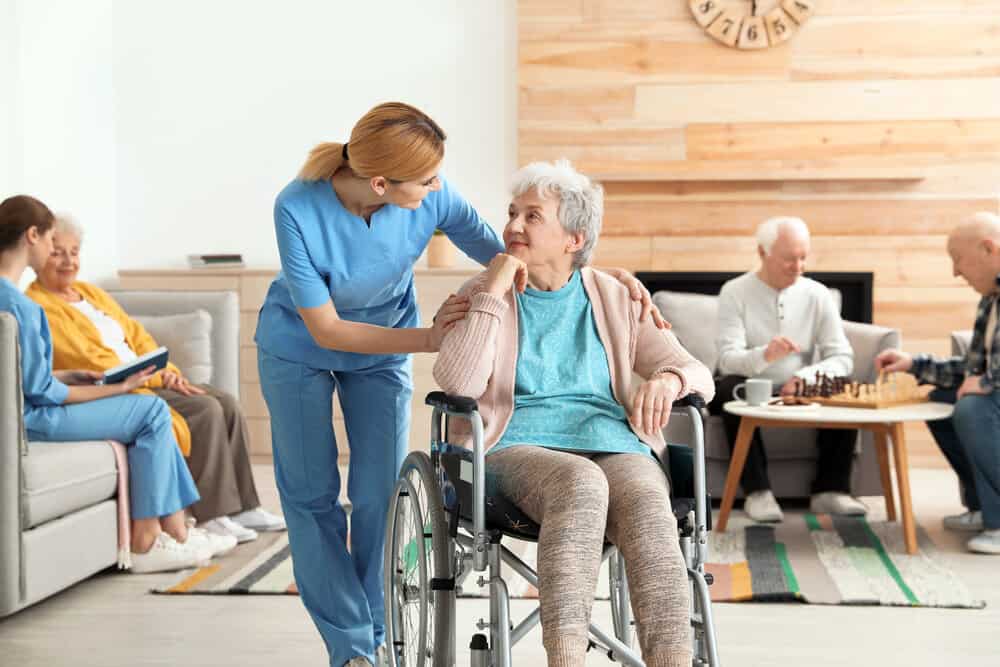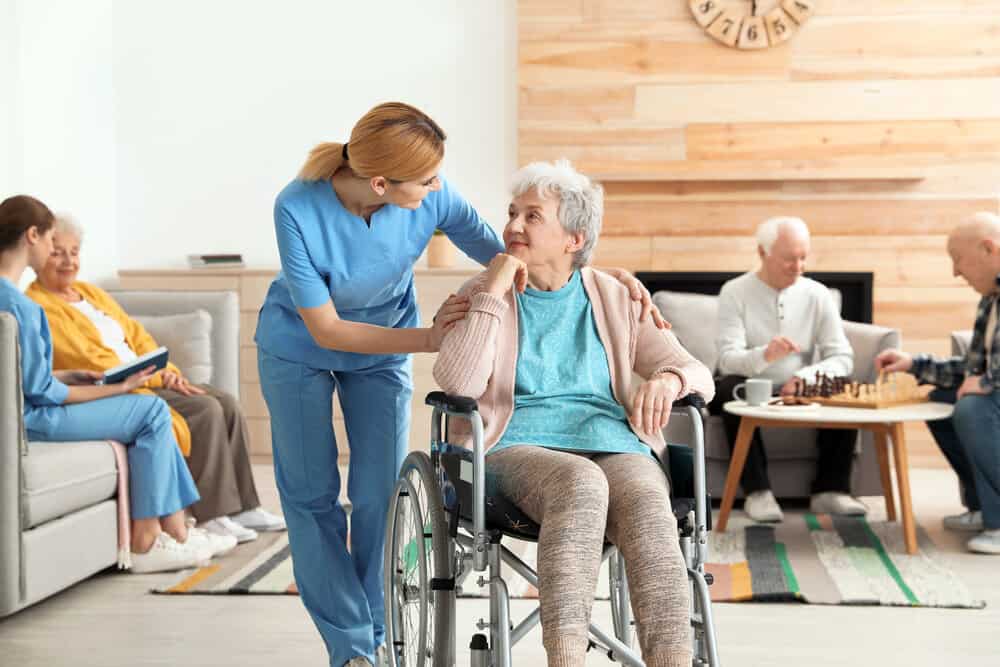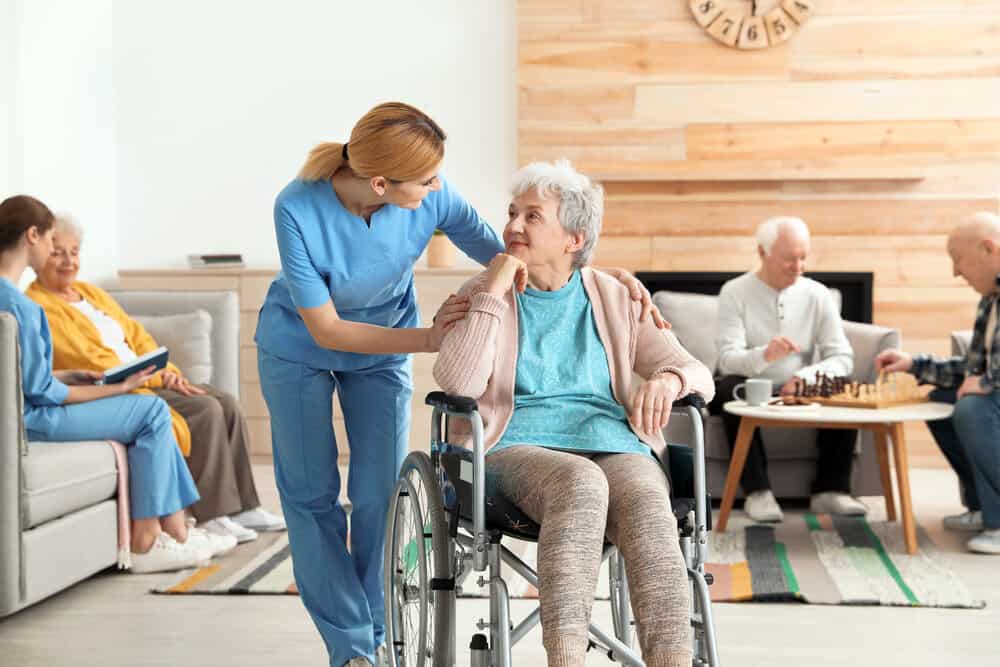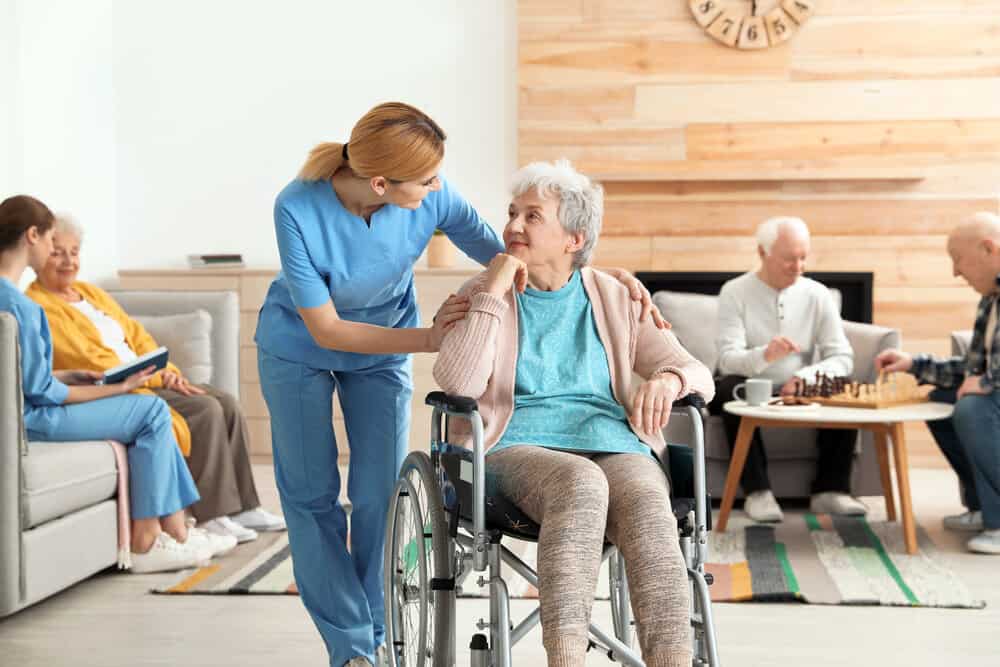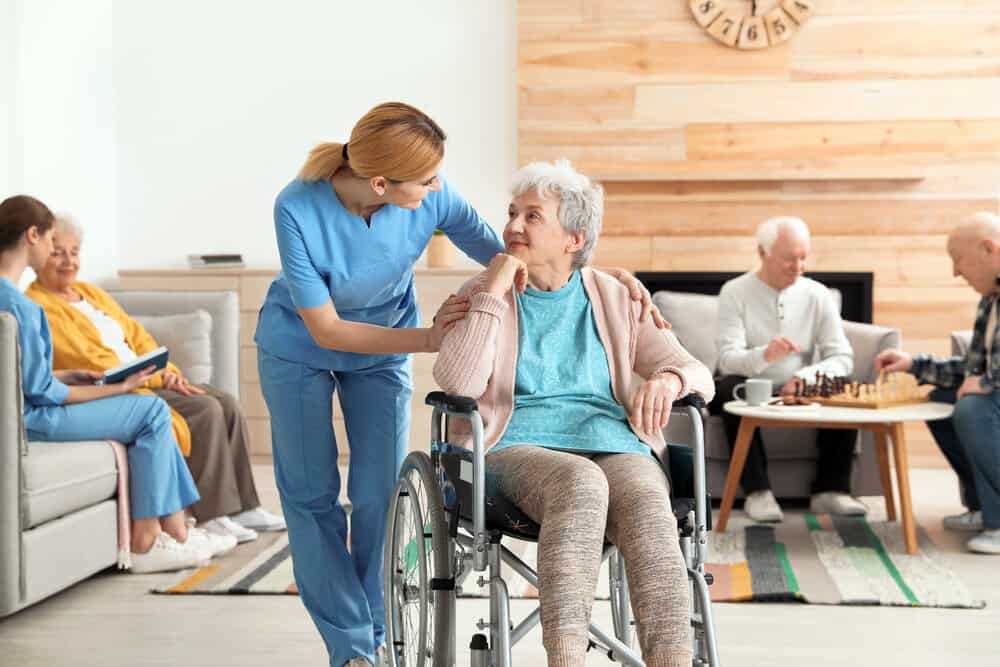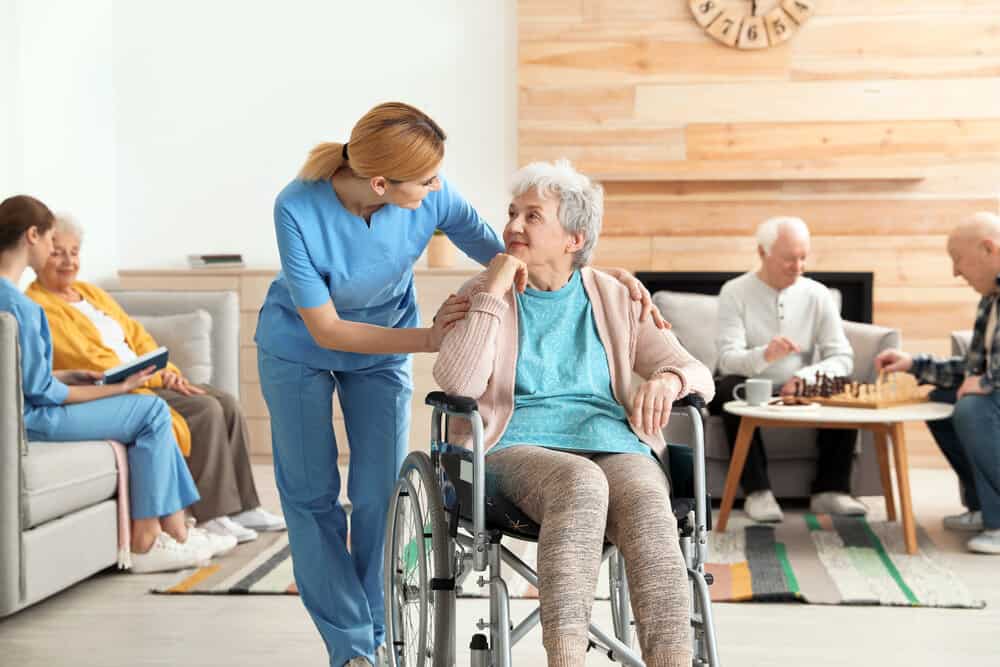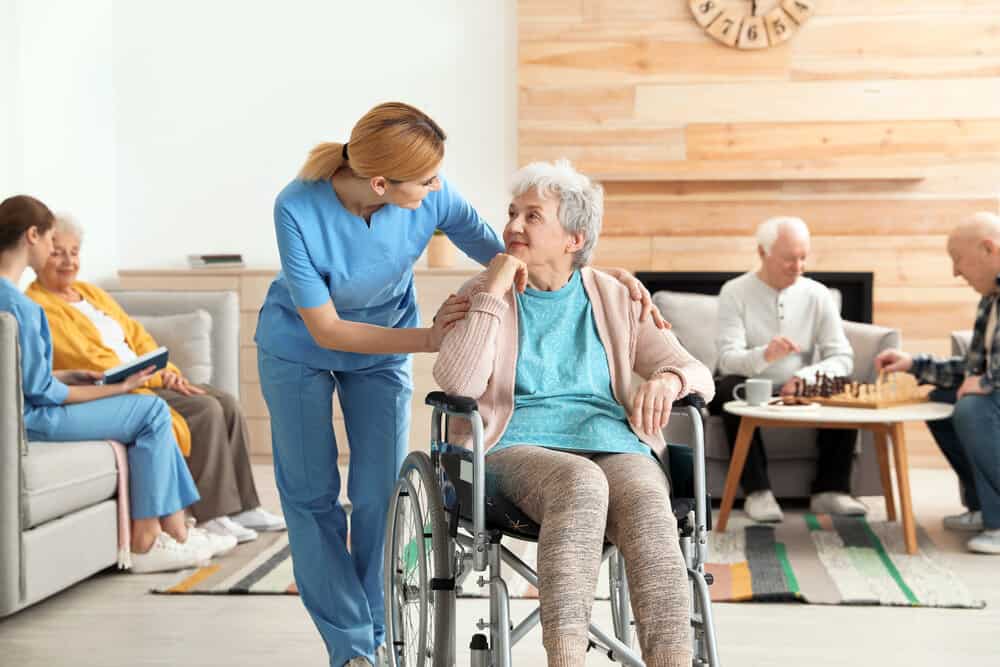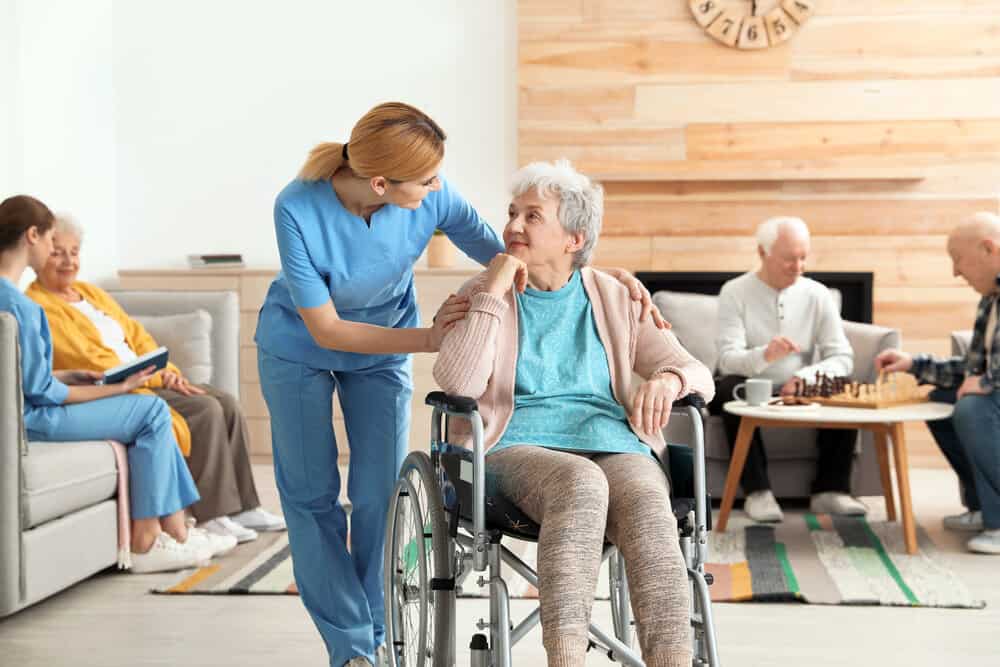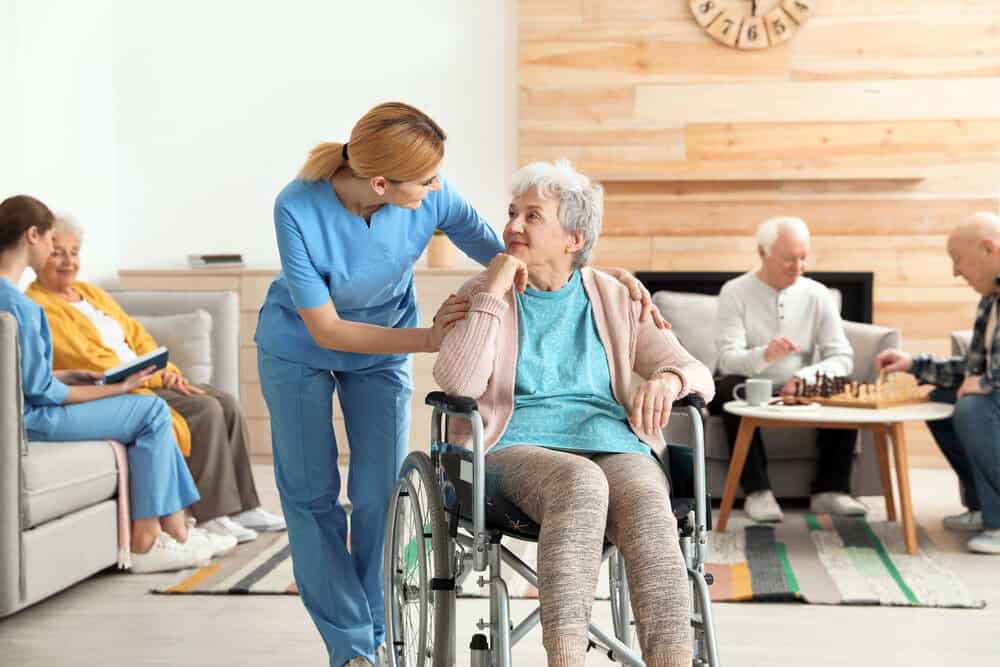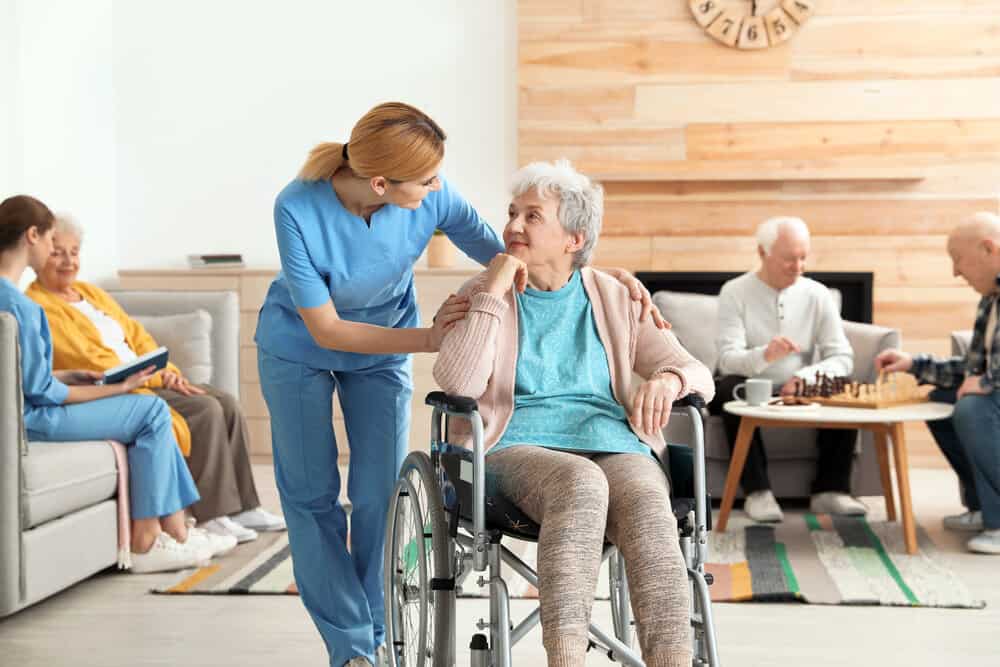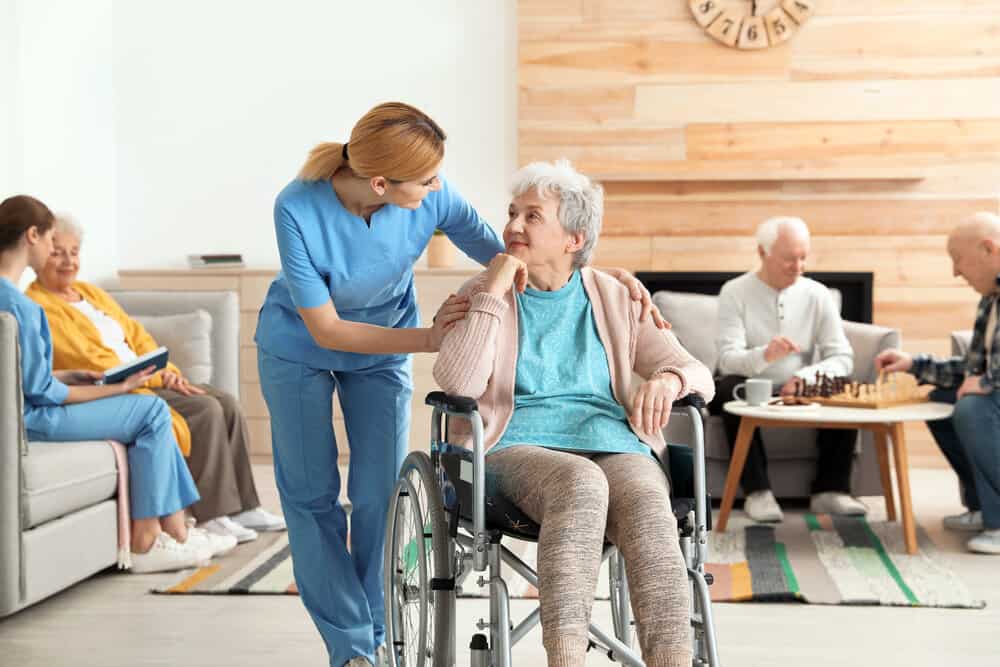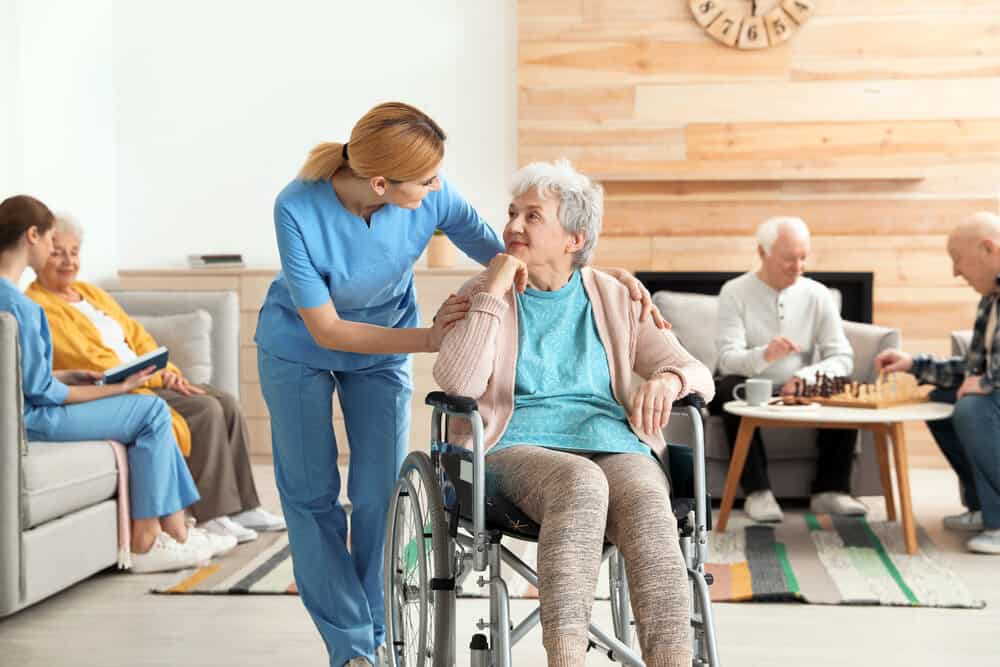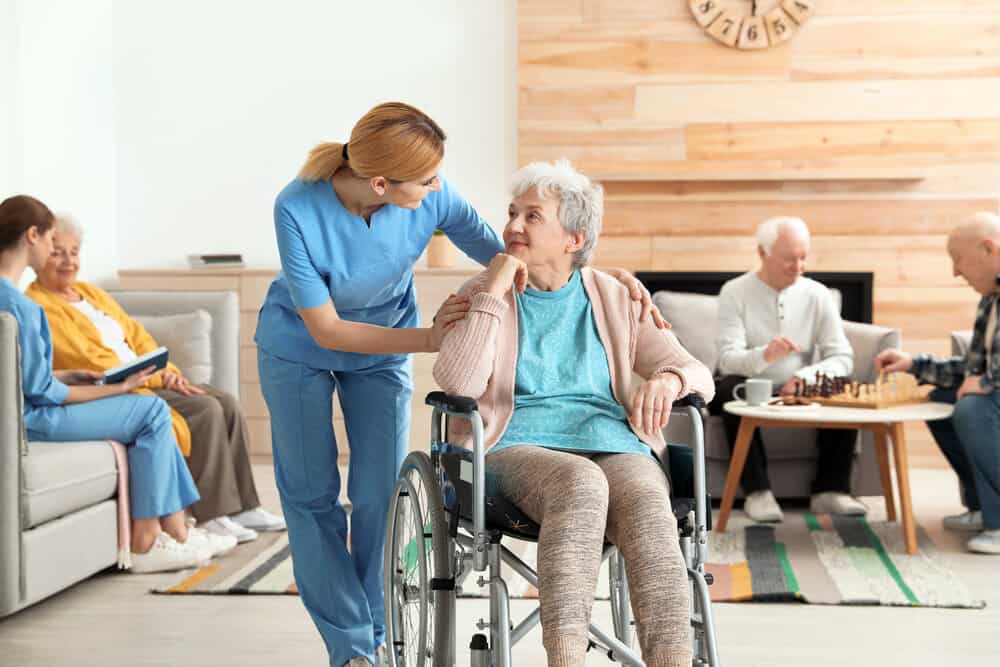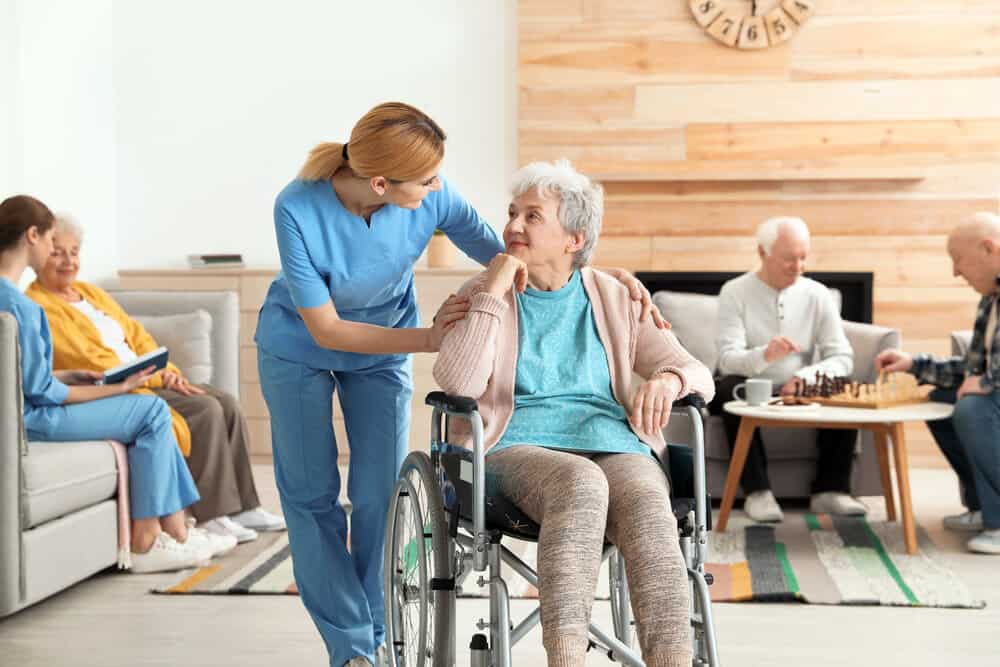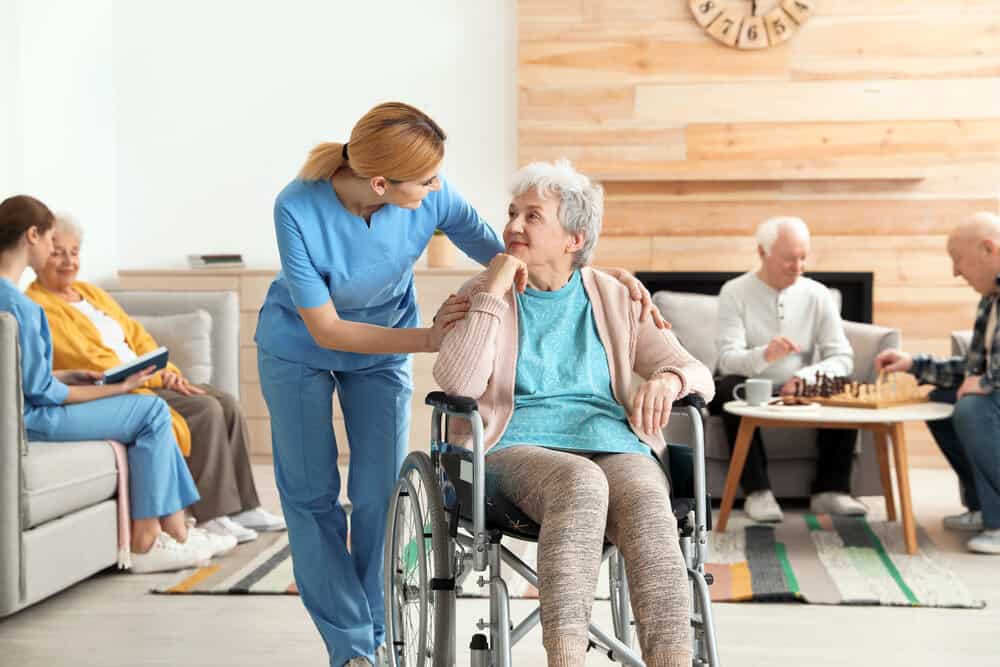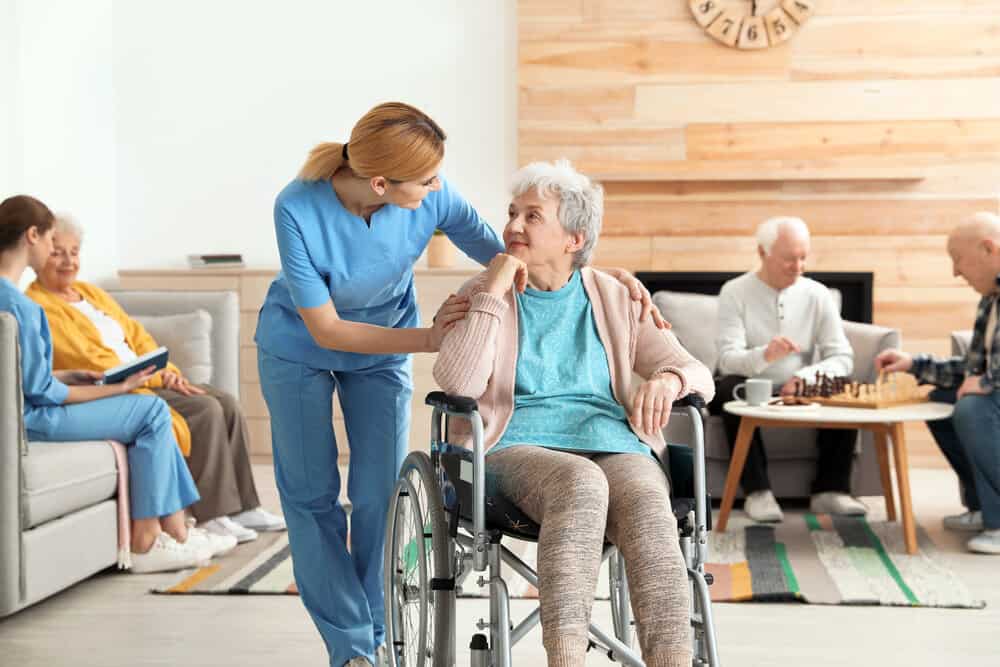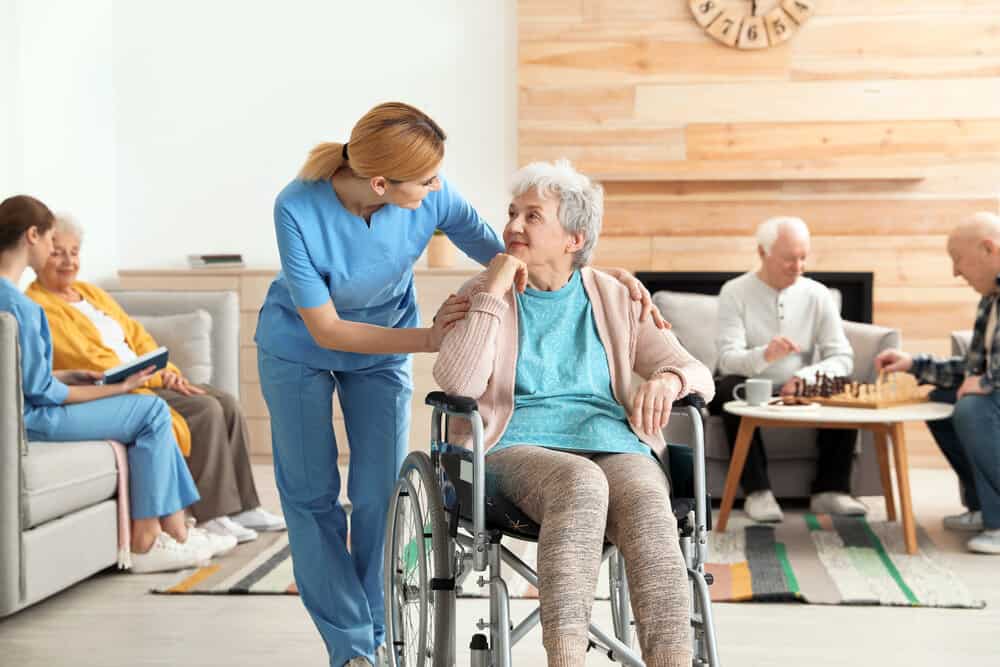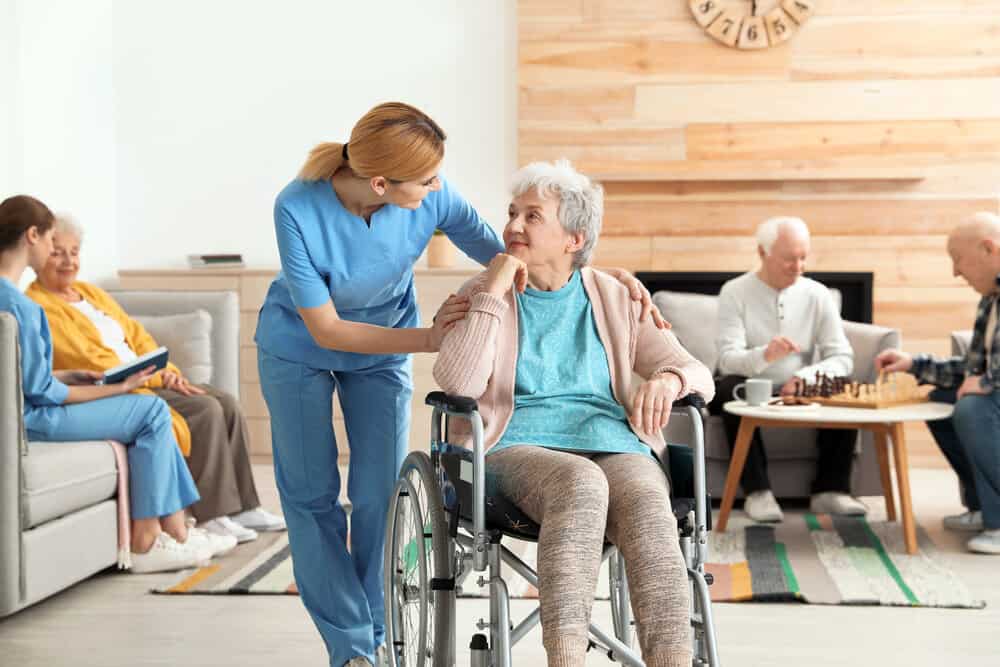Stroke Recovery Nursing Home Insurance: Neurological Rehabilitation Coverage
Stroke recovery nursing homes provide specialized neurological rehabilitation services designed to help stroke survivors regain independence, restore function, and adapt to life after stroke. These facilities face unique risks and liability exposures that require comprehensive insurance protection tailored to neurological rehabilitation, complex medical needs, and the specialized equipment and therapies essential for stroke recovery. Specialized stroke recovery insurance ensures facilities can focus on delivering life-changing rehabilitation outcomes while protecting against the multifaceted risks of neurological healthcare delivery.
Understanding Stroke Recovery and Neurological Rehabilitation
Stroke recovery nursing homes provide specialized services that create unique insurance requirements:
- Neurological Rehabilitation: Specialized therapy for brain injury and stroke recovery
- Multi-Disciplinary Teams: Coordinated care from neurologists, therapists, and specialists
- Complex Medical Needs: Managing stroke complications and comorbidities
- Adaptive Equipment: Specialized devices for mobility and communication
- Cognitive Rehabilitation: Memory, attention, and executive function recovery
- Family Support: Education and training for caregivers and families
Types of Stroke and Neurological Conditions
Ischemic Stroke Recovery
Rehabilitation for ischemic stroke survivors:
- Blood clot-related brain damage and recovery
- Hemiplegia and weakness rehabilitation
- Speech and language recovery therapy
- Cognitive function restoration
- Swallowing and nutrition management
- Secondary stroke prevention strategies
Hemorrhagic Stroke Recovery
Specialized care for hemorrhagic stroke survivors:
- Brain hemorrhage recovery and rehabilitation
- Intracranial pressure management
- Surgical recovery and wound care
- Seizure management and monitoring
- Cognitive and behavioral rehabilitation
- Long-term neurological monitoring
Transient Ischemic Attack (TIA) Recovery
Recovery services for TIA patients:
- Risk assessment and stroke prevention
- Medication management and compliance
- Lifestyle modification and education
- Monitoring and follow-up care
- Cognitive assessment and support
- Family education and support
Other Neurological Conditions
Rehabilitation for various neurological conditions:
- Traumatic brain injury recovery
- Spinal cord injury rehabilitation
- Multiple sclerosis management
- Parkinson's disease care
- Dementia and cognitive decline
- Epilepsy and seizure disorders
Stroke Recovery Risks and Exposures
Physical Rehabilitation Risks
Risks associated with physical stroke rehabilitation:
- Falls and mobility-related injuries during therapy
- Equipment-related accidents and malfunctions
- Overexertion and cardiovascular complications
- Muscle spasticity and contracture management
- Pressure ulcer development and wound care
- Inadequate supervision and safety monitoring
Cognitive and Speech Therapy Risks
Risks from cognitive and communication rehabilitation:
- Inappropriate cognitive assessment and intervention
- Speech therapy complications and aspiration risks
- Swallowing therapy and dysphagia management
- Communication device failures and training
- Psychological distress and depression
- Family communication and expectation management
Medical Management Risks
Clinical risks in stroke recovery medical care:
- Medication management and drug interactions
- Anticoagulation therapy and bleeding risks
- Blood pressure management and monitoring
- Seizure management and medication compliance
- Infection prevention and wound care
- Comorbidity management and complications
Behavioral and Psychological Risks
Risks from behavioral and psychological changes:
- Post-stroke depression and anxiety
- Behavioral changes and personality alterations
- Agitation and aggressive behavior
- Cognitive impairment and confusion
- Social isolation and withdrawal
- Suicide risk and mental health crises
Discharge and Transition Risks
Risks associated with discharge planning and transitions:
- Premature discharge and readmission
- Inadequate discharge planning and preparation
- Home safety assessment and modification
- Caregiver training and support
- Community resource coordination
- Follow-up care and monitoring gaps
Essential Stroke Recovery Insurance Coverage
Professional Indemnity Insurance
Comprehensive coverage for neurological rehabilitation liability:
- Stroke assessment and treatment planning errors
- Rehabilitation therapy negligence and complications
- Cognitive assessment and intervention failures
- Discharge planning and transition errors
- Medication management and prescription mistakes
- Professional consultation and advice negligence
Medical Malpractice Insurance
Specialized coverage for medical negligence in stroke care:
- Stroke diagnosis and treatment delays
- Medication errors and adverse reactions
- Surgical complications and post-operative care
- Monitoring failures and missed complications
- Informed consent and communication failures
- Emergency response and crisis management
Public Liability Insurance
Protection against third-party claims and accidents:
- Patient injury during rehabilitation therapy
- Visitor and family member accidents
- Equipment-related injuries and incidents
- Premises liability and facility safety
- Contractor and service provider incidents
- Property damage and third-party claims
Equipment and Technology Insurance
Protection for specialized neurological rehabilitation equipment:
- Neurological monitoring and diagnostic equipment
- Rehabilitation therapy and exercise equipment
- Communication and assistive technology devices
- Mobility aids and adaptive equipment
- Computer systems and software
- Equipment breakdown and business interruption
Cyber Liability and Data Protection
Coverage for digital risks and sensitive neurological data:
- Neurological assessment and brain imaging data breaches
- Electronic health record system failures
- Rehabilitation monitoring system compromises
- Telemedicine and remote monitoring risks
- Regulatory fines and notification costs
- Identity theft and credit monitoring services
Business Interruption Insurance
Financial protection for operational disruption:
- Facility closure and service interruption
- Equipment failure and system downtime
- Staff shortage and specialist absence
- Regulatory closure and compliance issues
- Natural disasters and property damage
- Loss of income and additional expenses
Specialized Stroke Recovery Programs
Acute Stroke Recovery
Intensive rehabilitation for acute stroke survivors:
- Early mobilization and therapy initiation
- Swallowing assessment and dysphagia management
- Speech and language therapy
- Occupational therapy and daily living skills
- Physical therapy and mobility restoration
- Cognitive assessment and rehabilitation
Chronic Stroke Management
Long-term care for chronic stroke survivors:
- Ongoing rehabilitation and maintenance therapy
- Spasticity management and treatment
- Contracture prevention and management
- Adaptive equipment and technology training
- Caregiver education and support
- Quality of life and social integration
Young Stroke Survivor Programs
Specialized programs for younger stroke survivors:
- Vocational rehabilitation and return to work
- Educational support and academic accommodation
- Social and recreational therapy
- Family and relationship counseling
- Peer support and mentoring programs
- Long-term planning and goal setting
Severe Stroke Recovery
Intensive care for severe stroke survivors:
- Comprehensive medical management
- Intensive rehabilitation therapy
- Assistive technology and communication aids
- Behavioral and psychological support
- Family education and coping strategies
- End-of-life planning and palliative care
Multi-Disciplinary Stroke Recovery Teams
Medical Team Coordination
Comprehensive medical team for stroke recovery:
- Neurologists and stroke specialists
- Rehabilitation physicians and physiatrists
- Nursing staff and care coordinators
- Pharmacists and medication specialists
- Dietitians and nutrition specialists
- Social workers and discharge planners
Therapy Team Coordination
Specialized therapy team for stroke rehabilitation:
- Physical therapists and mobility specialists
- Occupational therapists and daily living experts
- Speech and language therapists
- Recreational therapists and activity specialists
- Neuropsychologists and cognitive specialists
- Music and art therapists
Support Team Integration
Comprehensive support team for stroke recovery:
- Chaplains and spiritual care providers
- Peer counselors and stroke survivors
- Volunteers and community support
- Family liaisons and educators
- Technology specialists and trainers
- Quality improvement and outcome specialists
Team Communication and Coordination
Effective team communication and coordination:
- Regular team meetings and case conferences
- Shared documentation and care planning
- Clear role definitions and responsibilities
- Conflict resolution and decision-making
- Family involvement and communication
- Outcome measurement and evaluation
Stroke Recovery Assessment and Planning
Comprehensive Stroke Assessment
Detailed assessment for stroke recovery planning:
- Neurological examination and imaging
- Functional capacity and mobility assessment
- Cognitive and psychological evaluation
- Communication and swallowing assessment
- Social and environmental evaluation
- Caregiver and family assessment
Individualized Recovery Planning
Personalized recovery planning for stroke survivors:
- Goal setting and outcome measurement
- Treatment prioritization and sequencing
- Resource allocation and scheduling
- Family involvement and education
- Discharge planning and preparation
- Long-term follow-up and monitoring
Progress Monitoring and Evaluation
Ongoing monitoring and evaluation of recovery:
- Functional outcome measures and assessments
- Quality of life and satisfaction evaluation
- Cognitive and behavioral monitoring
- Medical stability and complication prevention
- Family satisfaction and support needs
- Discharge readiness and transition planning
Outcome Measurement and Reporting
Comprehensive outcome measurement and reporting:
- Standardized assessment tools and measures
- Functional independence and mobility outcomes


 0330 127 2333
0330 127 2333
